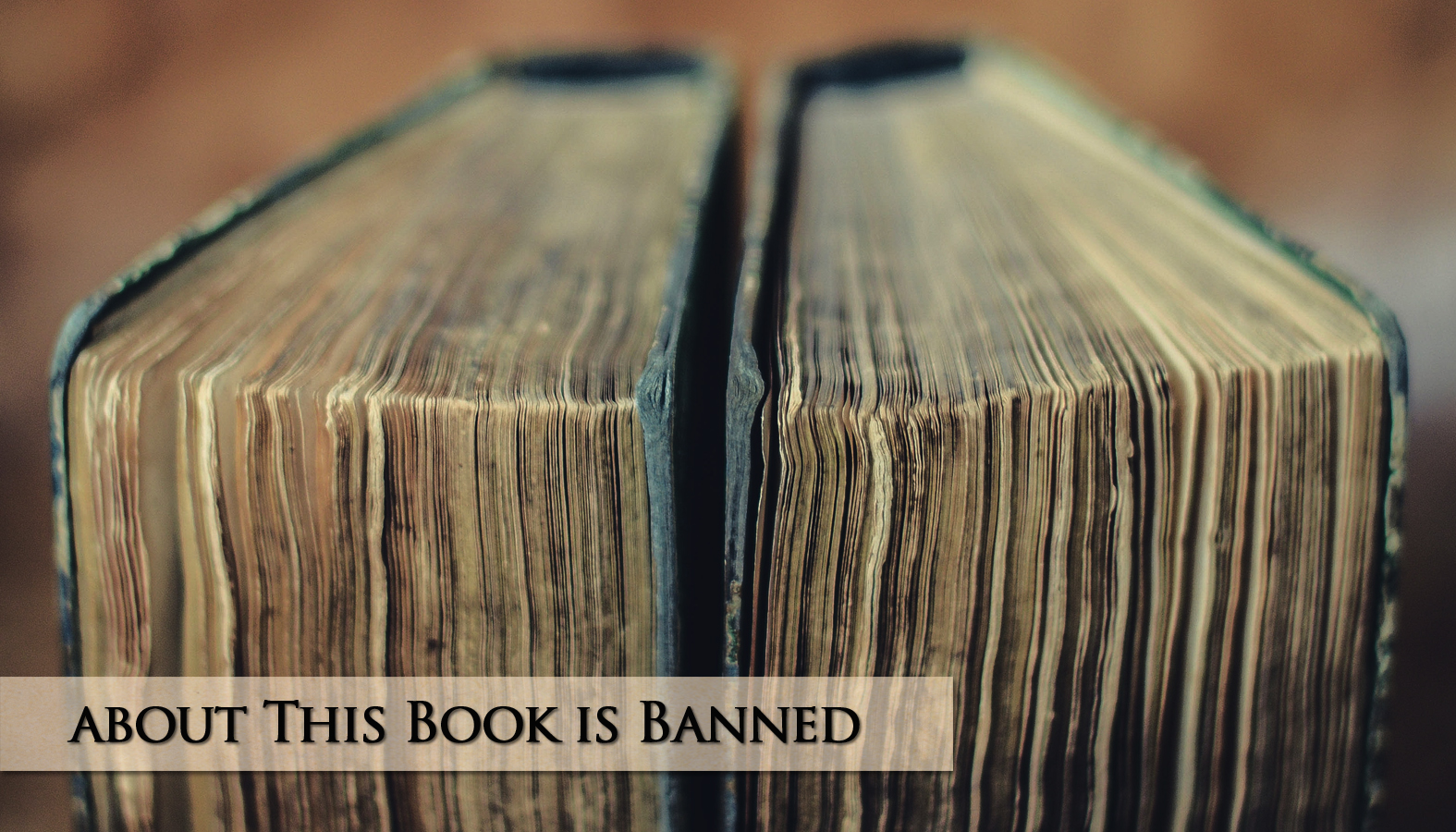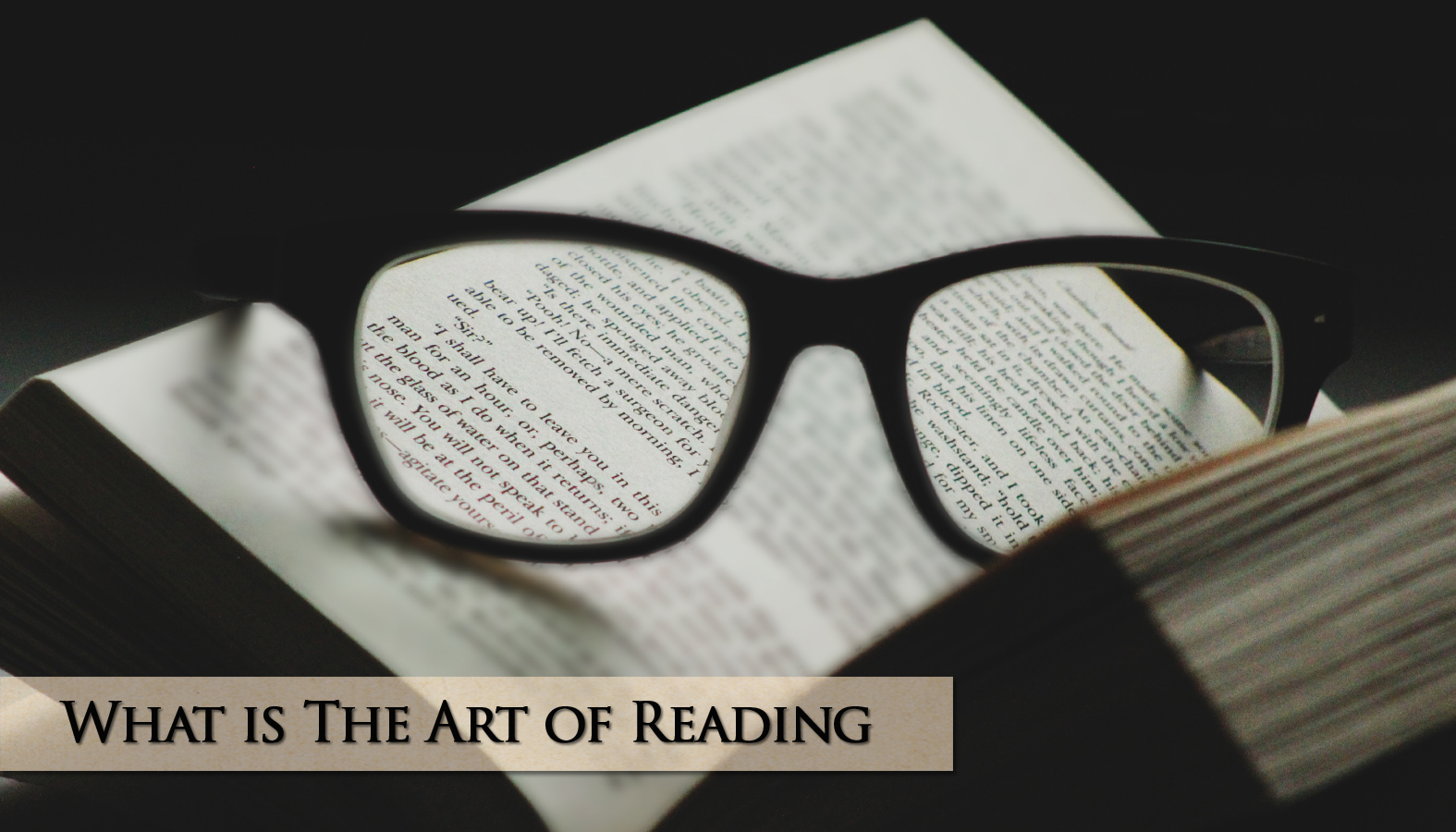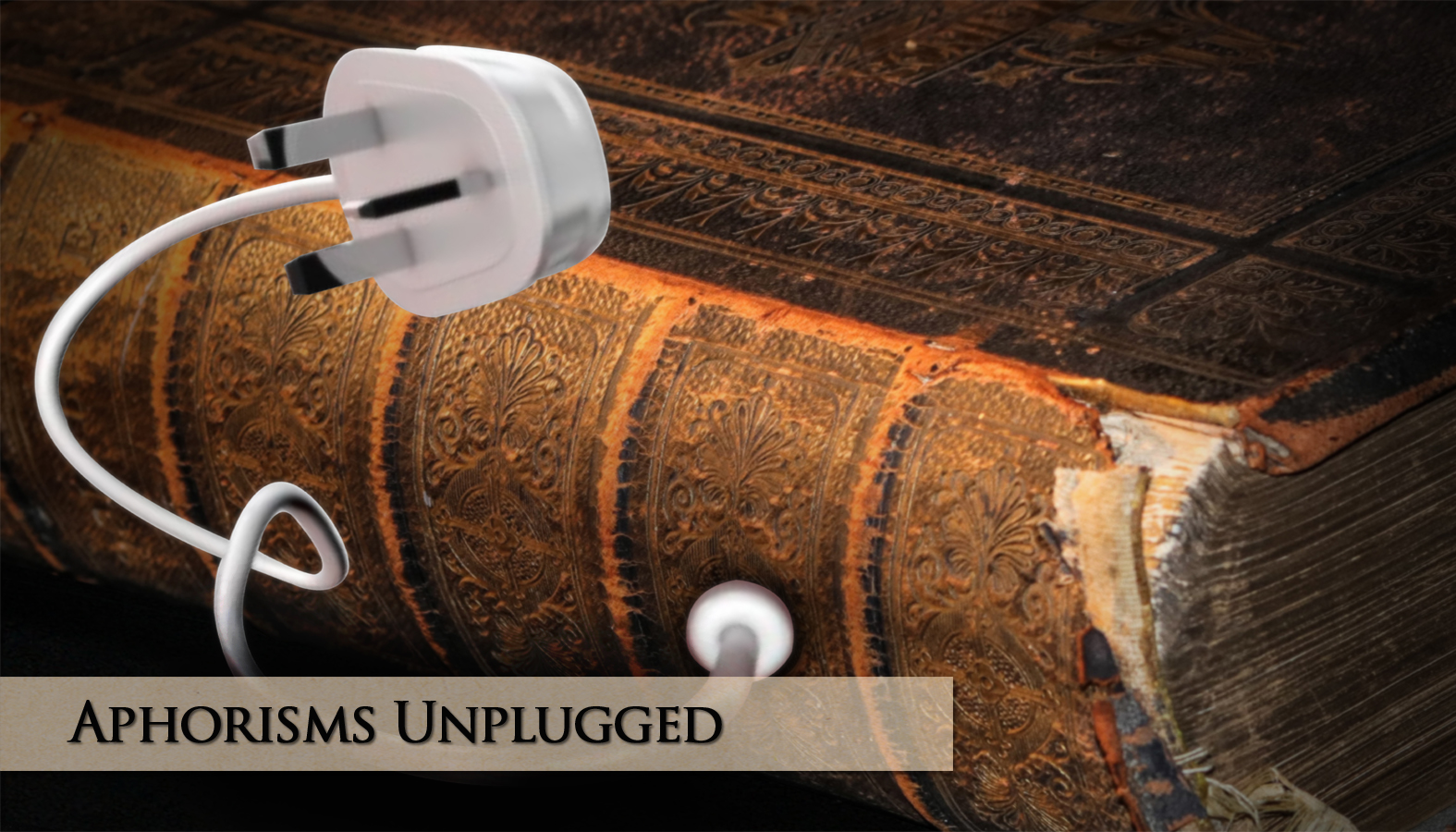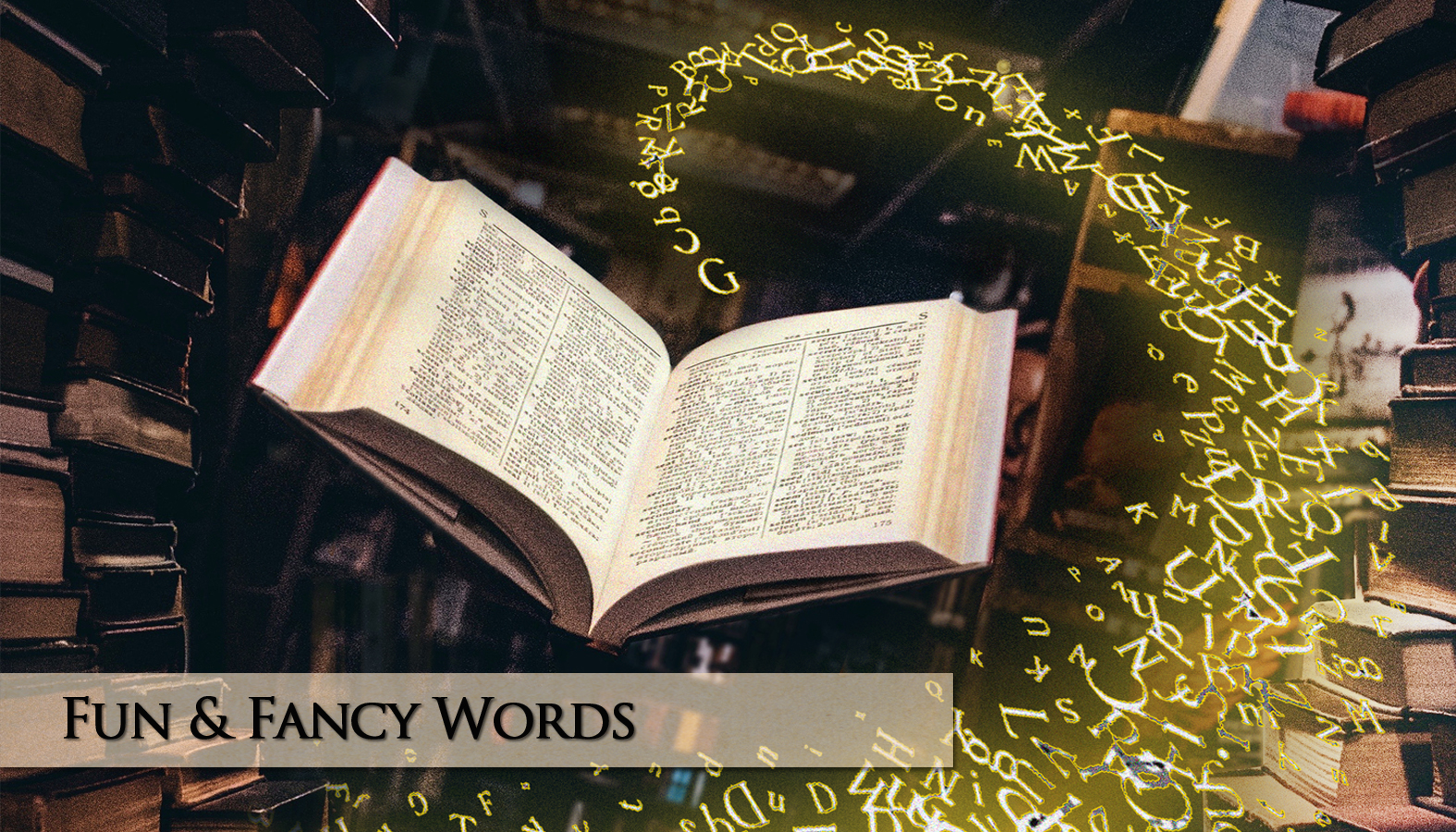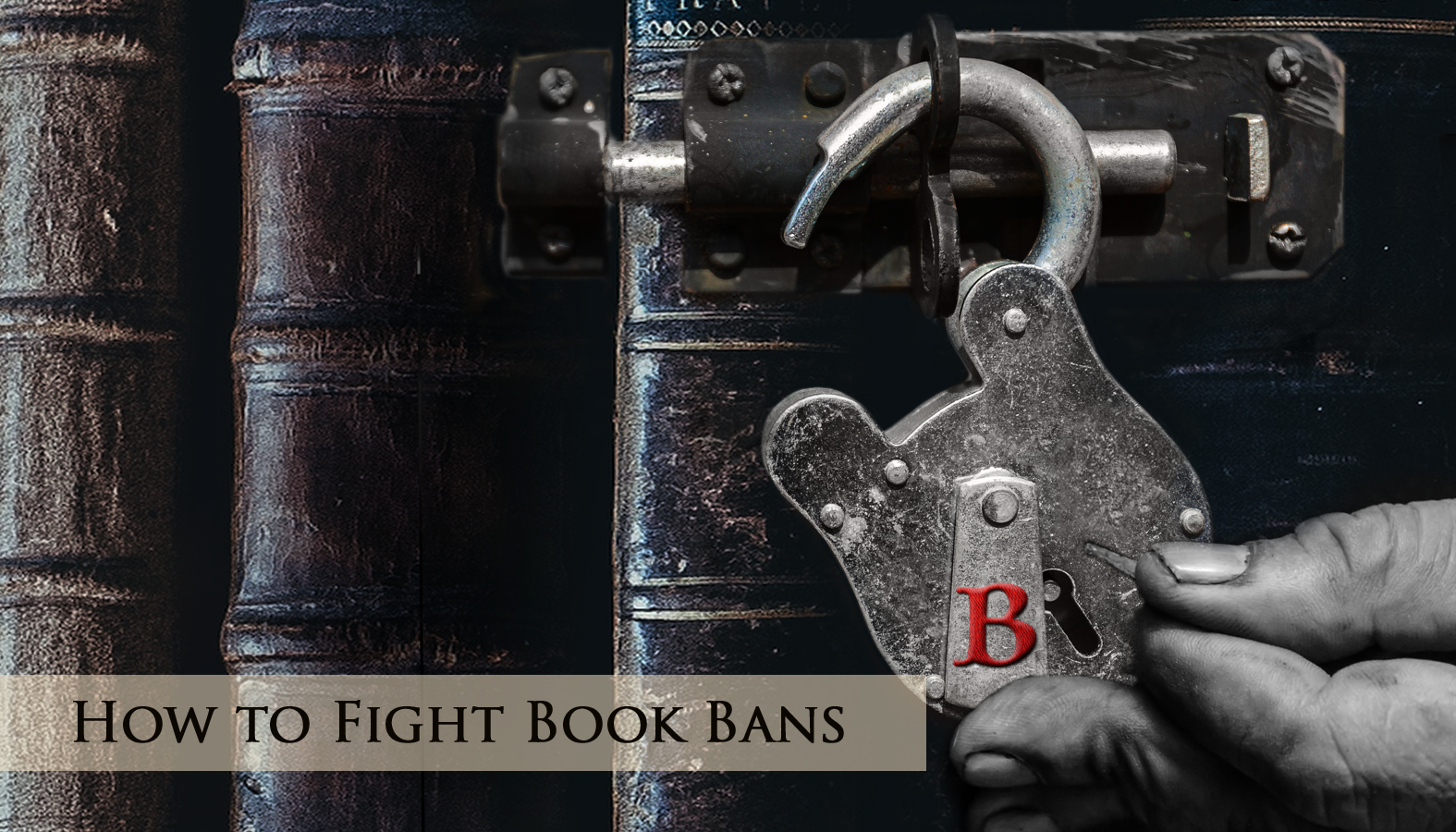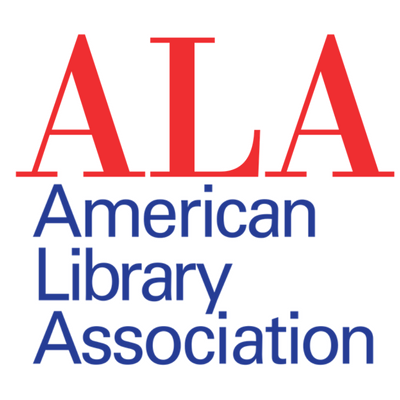Power of Books Author Series: Federico Erebia
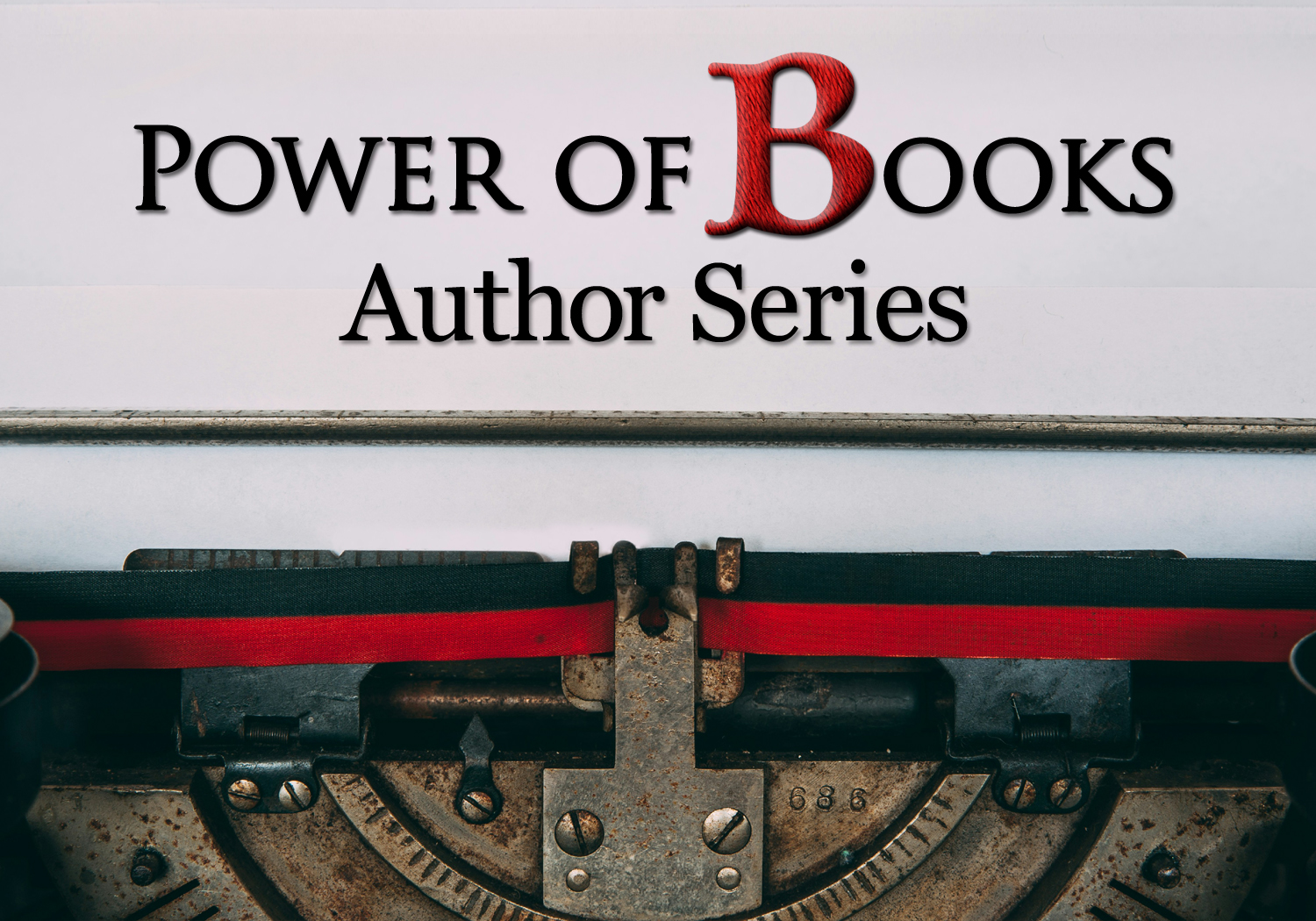
![]() I
I
n this edition, we talk with Federico Erebia about how young readers being able to see themselves in books like Pedro & Daniel can literally be life-saving. And, how it offers hope for those who may be dealing with stigma and abuse.
Our freedom to read has been under assault for what seems like an eternity. And, the books being banned are consistently those of marginalized voices. Books with diverse characters, primarily characters of color and LGBTQA+ characters were overwhelmingly targeted. And continue to be.
And, the books being banned are consistently those of marginalized voices. Books with diverse characters, primarily characters of color and LGBTQA+ characters were overwhelmingly targeted.[1] And continue to be.
Throughout this collection of conversations with authors, we talk about the power of books, and the question of why it’s important for stories containing characters that have diverse backgrounds and life experience to be told.
In considering this vital question, we also touch on the dangers of restricting or erasing these narratives – what damage is being done when books about diversity are banned and reading is restricted?
Needless to say, each of the authors in this series brings s different perspective and life experience to the conversation, adding nuance and depth to the combined answer of why it’s important for stories about diverse lives to be told… as well as the dangers that arise when they’re expunged from our national discourse.
 Federico Erebia is a retired physician, woodworker, author, poet, and illustrator. He received the 2024 Lambda Literary Award for Exceptional New Writer.
Federico Erebia is a retired physician, woodworker, author, poet, and illustrator. He received the 2024 Lambda Literary Award for Exceptional New Writer.
Other distinctions for his debut novel, Pedro & Daniel (Levine Querido 2023) include: 2024 Ohioana Book Award – Finalist; 2024 Massachusetts Book Award – Longlist; 2024 Crystal Kite Award – Finalist; 2024 Américas Book Award – Commended Title; 2024 Bank Street BEST BOOK; 2023 Kirkus BEST BOOK; and starred reviews from Kirkus, Publishers Weekly, and Shelf Awareness.
He and his husband live near Boston, Massachusetts.
Pedro & Daniel follows two gay, neurodivergent, Mexican American brothers, over a 24 year span, who experience joy and laughter, despite years of abuse and oppression.[2]
![]()
Research has shown how important it is for children to see themselves in their books, on TV, and in movies. It’s also vital for kids to see others who are unlike themselves: kids from different backgrounds, races, ethnicities, socioeconomics, and family structures.
When there are fewer unknowns, there is less to fear. [3]
.
First, I’d like to say that Pedro & Daniel is a heartbreaking and heartwarming book at the same time. Thank you for writing it for, as your dedication says, all the kids who aren’t seen for their worth, beauty, and potential. Why is important for the stories like the one you wrote to be told?
![]()
There are many ways to answer that question. But ultimately, I think that readers like to either identify parts of themselves in the characters that they’re reading, and/or to empathize with them.
I certainly have never read a book like mine, primarily not just the story itself or the societal issues that I mention in the book. But also the structure of the book, and going back and forth between different voices – also third person versus first person. And I even break the fourth wall occasionally, which is subtle, so I don’t think a lot of people necessarily pick up on it.
But, I wrote a story that I would like to read over-and-over myself, and I have read over-and-over. Because for me, it checks off a lot of things. In terms of storytelling itself, and also giving voice to characters that are rarely seen in any literature — let alone Chicano literature for children. So, I thought it was important to have that available for people… so people can see themselves in these characters.
.
It’s an incredibly important thing for people to see themselves.
![]()
In an interesting way, in my mind I thought people would identify more with the intersectionality of being both a gay and person of color and/or neuro-divergence. But, so many people are identifying with the social issues, such as the colorism or the domestic violence – which can be separate from child abuse. I’ve heard from so many people who really are thankful that these things are in a book, that address some the things they dealt with as children.
I would have loved to read this book as a twelve-year-old. I think a lot of it depends on the individual, but I don’t think it’s targeted for any particular age group. I know that a lot of adults would appreciate it, and do appreciate it. So, I don’t necessarily want to rely on the Young Adult classification for recommending it to people.
.
Absolutely… a good story is a good story is a good story. And Pedro & Daniel resonates on all kinds of levels. To your point about wishing you had a book like this at twelve or thirteen… clearly my perspective is from book banning and banned books, and a lot of the books that are being targeted right now are exactly what twelve and thirteen-year-olds need – as you just expressed. So, because my viewpoint is from that of banned books, let’s flip that previous question on its head. What damage do you think is being done by squashing access to books like the one you just wrote.
![]()
Another terrific question with so many different answers. Ultimately… we’ve all heard that books save lives. And books do give an outlet to children to go into a different world, one similar to theirs (but is not their own). Seeing that there’s abuse in Pedro and Daniel’s house allows children who also have abuse in their house to still feel some safety while dealing with these issues.
My main concern, one that I hope isn’t reaching children, but I know it is – is that they hear these books are bad, and internalize what they’re hearing about the characters and the books themselves. And that’s just not right. It’s not fair.
.
And, the fact that you were a doctor is another interesting aspect of your background, one that goes a long way in supporting the idea that kids actually benefit from reading books that contain such material. That it’s developmentally appropriate for twelve and thirteen-year-olds to be reading about the types of experiences you depict, those that often get banned under the auspices of protecting children. You being a doctor brings some gravitas to the idea that this assertion is simply baloney.
![]()
Sure, for various reasons. The fact that despite everything I went through, not just the abuse but the colorism, the homophobia, and the racism, I was still able to be successful and become a doctor — and, in some ways, study what is needed for kids to develop in ways that will help them come out of their shells.
Everything I studied when I studied medicine, I found fascinating. When I studied pediatrics, I wanted to be a pediatrician. When I studied cardiology, I wanted to be a cardiologist. I have that kind of mentality. I really dive into whatever it is that I’m doing at the moment. In fact, I’m doing it right now with writing.
I’m really surrounding myself in every way with access to authors and books, and stories and storytelling, in a way that I hadn’t done when my focus was woodworking or medicine or whatever.
.
I tend to do the same thing… if it’s interesting to me, I’ll go way down that rabbit hole.
It’s significant that you expressly state in your book… yes, “this work contains descriptions of abuse, physical abuse and domestic abuse,” noting that these depictions are necessary to show how children are affected by such events. I want to note this because your explanation nullifies one of the reasons given for banning books, that of “protecting” children from “disturbing” material.
![]()
The point is that children are living this from the hundreds of thousands, if not the millions, around the world on a daily basis. And, they should be able to see themselves in a book and come away from it with an understanding that they’re not alone. That they are beautiful. That they do have worth. And that, hopefully, things will get better in time.
.
And you’re saying this not only as a doctor with an understanding of childhood development, but as someone who has lived through such experiences. Given those credentials, your insight carries significantly more weight than when a person like me makes such a statement.
![]()
It’s wonderful that you’re giving me the platform to say it.
.
I thoroughly enjoyed the book. After the first couple of vignettes, it’s clear that despite its Young Adult label, Pedro & Daniel isn’t just for kids. This is good stuff for readers of any age.
![]()
As you may know, the very first words that I wrote are the last fifty words in the book, the fifty precious words – those on the very last page across from the picture of myself with my brother. I started writing it as part of a writing contest called “Fifty Precious Words.” So I wrote those fifty precious words, and that became a picture book manuscript that I sent to an editor.
Then he asked me for more work, which ultimately became other chapters in the first part of the book. They were all picture book manuscripts, and then he asked me if I would combine them… And that’s how the novel came to be. So, it’s an unusual origin story. And, I thought it would be interesting to have the original fifty words be the last fifty words of the book itself.
But when I finished the first draft of the novel, I realized I hadn’t addressed the elephant in the room, which is the mother’s abuse. I really needed to tackle that conundrum. I didn’t want it to come across as if, all of a sudden, she’s abusive. That wouldn’t make sense. So, since the brothers are five and six at the beginning of the book, it made sense to put the reader in media res… in a situation where they are experiencing what the brothers are experiencing as their mother is approaching them to hurt them.
It tells the reader many things, among other things that this is already their life. They already fear their mother. And there are implications that a lot of that abuse is because of their skin color and/or their presentation of sexuality, which at five and six they don’t understand – there’s no way they could understand, especially in 1968.
I found that very interesting. So, when I started writing that very first sentence (it’s 175 words long), I really needed to put the reader in a place where they were experiencing what the brothers were experiencing without a way to escape. No periods, just commas. And, just as the brothers aren’t able to escape, the reader can’t escape. And I’m very happy with the way that turned out at the very beginning of the book.
.
And the devise works fantastically – as you said, drawing the reader in to engage this difficult subject matter on an emotional level. It’s remarkable storytelling. And, a perfect example of how/why there’s more to a book than simple surface narrative if we just look for it.
Referring to Pedro & Daniel as a debut novel suggests we should expect another one. And I am really looking forward to it.
![]()
There is a sequel – which didn’t start out as a sequel. I started writing this other story, again based on my own experiences. And at one point, I realized that this character is Pedro. So, it will basically be a work about Pedro without Daniel. But I use a lot of writing devices to bring Daniel back in many scenes. Some of it will be memory. Others will be Pedro’s autistic mind conversing with Daniel in other ways. Daniel’s presence will still be there. Though it’s a sequel, you won’t need to have read Pedro and Daniel first.
Really looking forward to it. And thank you for your insightful and compassionate storytelling.
Federico Erebia’s adult fiction sequel to Pedro & Daniel that’s in the works is titled Pedro Without Daniel. A prolific and insightful storyteller, he is also working on a series of short stories, a poetry collection, two graphic novels, and four picture books. We’re looking forward to seeing them all in the very near future.
And, be sure to see what the other authors in our Power of Books Series
have to say about the importance of books:
Ryan Estrada,
author of Banned Book Club
Edward Underhill,
author of Always the Almost,
and This Day Changes Everything
Dr. Michael Datcher,
author of Harlem at Four
Jamie Jo Hoang,
author of My Father the Panda Killer
And for all you educators out there, download this
Daniel & Pedro discussion guide.

Share This Post, Choose a Platform!
Endnotes:
[1] Bruinius, Harry. “Banning Books: Protecting kids or erasing humanity?” October 6, 2023. The Christian Science Monitor.
https://www.csmonitor.com/USA/Society/2023/1006/Banning-books-Protecting-kids-or-erasing-humanity
Rado, Diane. “In 2024, more censorship and bans: FL, TX removing large batches of books in public schools.” December 21, 2023. News From The States.
https://www.newsfromthestates.com/article/2024-more-censorship-and-bans-fl-tx-removing-large-batches-books-public-schools
Unite Against Banned Books 2023 Censorship Numbers.
[2] https://fjebooks.com/pedro–daniel.html
[3] Understanding Colorism in Fiction with Federico Erebia.
https://bookishbrews.com/colorism-in-fiction-federico-erebia/
Images:
Power of Books: Photo by Glenn Carstens-Peters on Unsplash Edited: Added Power of Books Author Series text.
Federico Erebia: Joel Benjamin https://fjebooks.com/pedro–daniel.html
Cover of Pedro & Daniel
FYI:
This Book is Banned participates in the Amazon.com affiliate program, where we earn a small commission by linking to books (but the price remains the same to you). This allows us to remain free, and ad free. [Our privacy policy]





